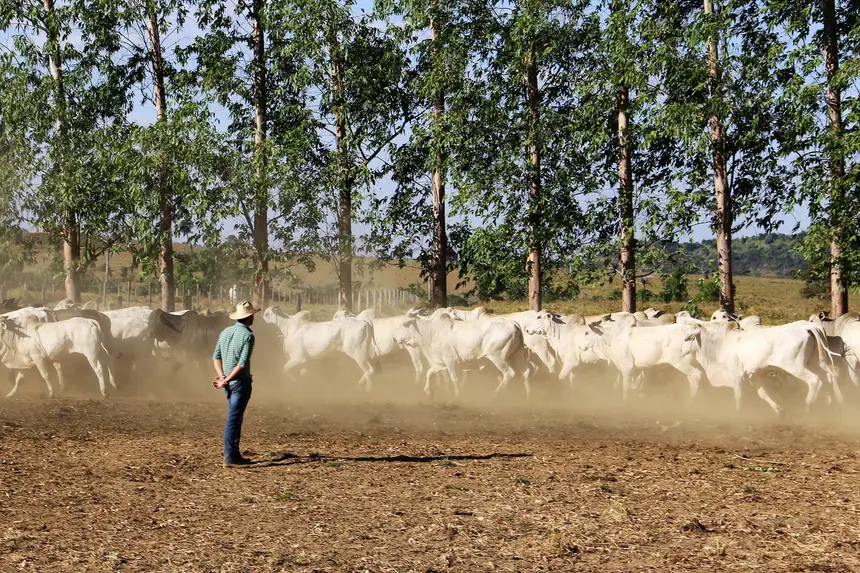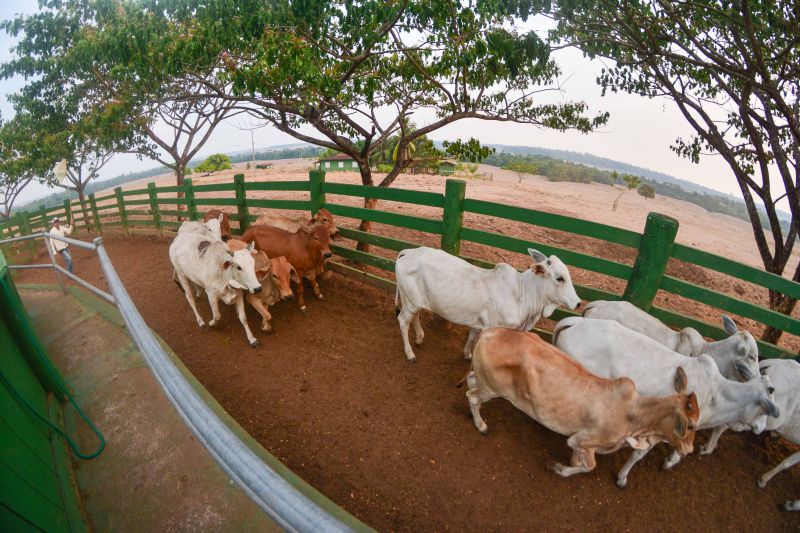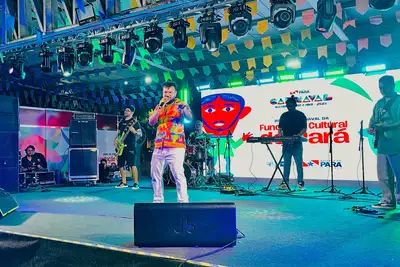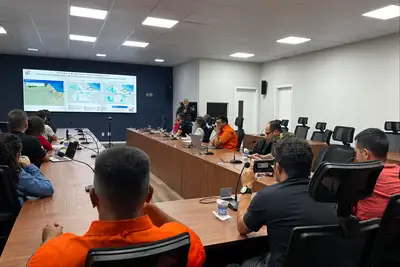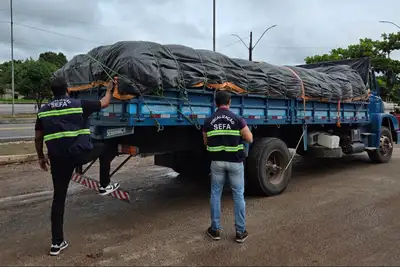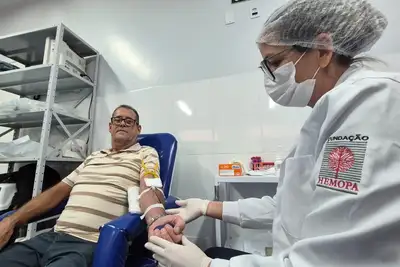Sustainable family farming gains strength in Pará with support from the state government
Initiative promotes animal traceability and environmental responsibility on rural properties
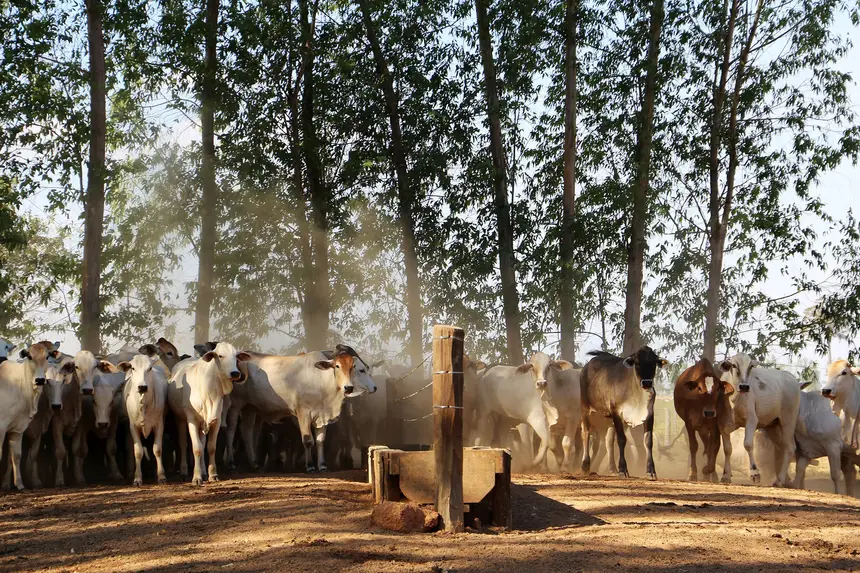
With a herd of over 26 million cattle and buffaloes, Pará has received significant investments from the State Government to further boost the family farming sector. Of the 144,000 rural establishments dedicated to this activity, about 67% — approximately 90,000 — maintain between 1 and 100 animals, classifying them as family farming or small producers.
One of the main state initiatives aimed at the sector is the State Program for Sustainable Livestock. The action is based on three pillars: individual identification and traceability of animals, through chips and numbered tags fixed to their ears; integrity verification, which involves checking the origin, legal provenance, and place of breeding; and support for the development of the production chain.
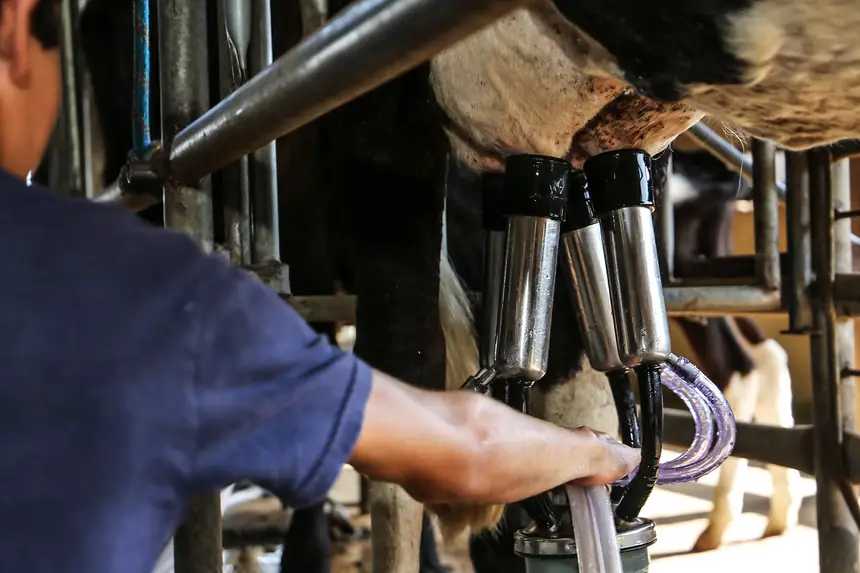
“With traceability, we can ensure a more integral production chain. To this end, we provide technical support, especially to family farmers. We are also creating mechanisms to facilitate access to inputs, pasture recovery services, acquisition of fences, materials for building pens and chutes, among others. Our goal is to promote modernization, intensification, and make Pará's livestock even more competitive,” says Cássio Pereira, head of the State Secretariat for Family Agriculture (Seaf), one of the institutions coordinating the program.
In the municipality of Novo Repartimento, family farmer Maria Gorete Rios, who has been in the activity for about eight years at the Rancho da Pedra site, reports significant advances after joining the program. “With ‘Sustainable Livestock’, we have gained more control over the herd and have gained visibility. I was able, for example, to register with a food company and sell directly, without needing middlemen. This improved the sales value. Traceability is opening doors to new markets. It has been very positive,” she emphasizes.
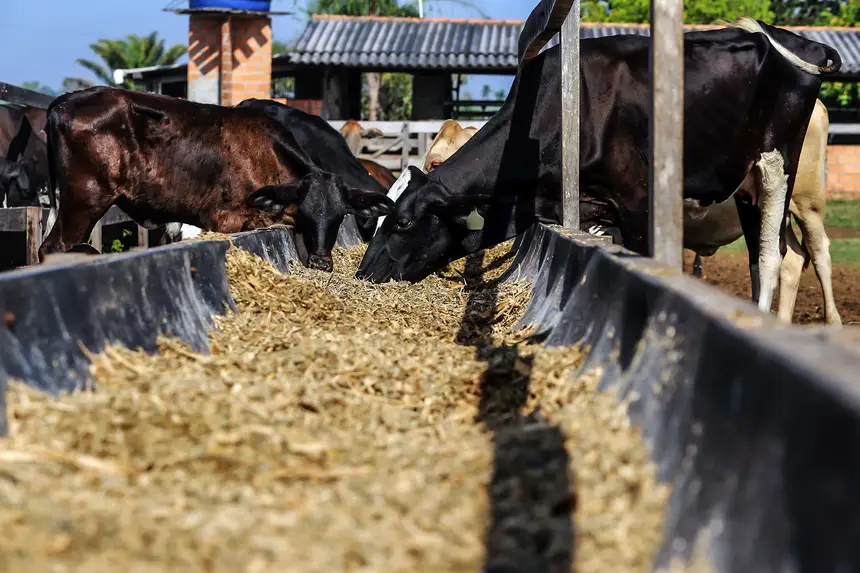
EXPANSION – Secretary Cássio Pereira highlights that products from Pará's cattle farming have been gaining space in national and international markets that value criteria such as meat quality, sanitary safety, and environmental responsibility. “The program acts precisely to meet these demands. The intention is to transform Pará's livestock into a reference of excellence, reaching more demanding markets and, consequently, with better remuneration. This brings benefits to the entire chain: small, medium, and large producers,” he emphasizes.
Anderson Serra, director of productive organization and traditional communities at Seaf, recalls that 75% of milk production in the state comes from family farming. He reinforces the importance of small producers' participation in the program. “In Pará, we have about 300,000 families in family farming, distributed across 1,030 rural settlements, 620 quilombola communities, and 43 extractive reserves. We work in an integrated manner to increase dissemination and encourage adherence to the program, which brings gains for the entire production chain,” he states.
GOALS – Among the main objectives of the State Program for Sustainable Livestock in Pará are: to trace 100% of the movement of cattle by December 2025, achieve traceability of the entire herd by December 2026, validate 75% of the Rural Environmental Registries (CAR), and recover 20% of degraded pasture areas. The initiative, considered pioneering in the country, is coordinated by the Pará Agricultural Defense Agency (Adepará) and involves the joint action of various secretariats and institutions, such as Seaf, the Secretariat of Environment and Sustainability (Semas), the Secretariat of Agricultural Development and Fisheries (Sedap), and the Institute of Lands of Pará (Iterpa). Organizations from the third sector, such as IPAM, Imaflora, and The Nature Conservancy Brazil (TNC), also participate.



